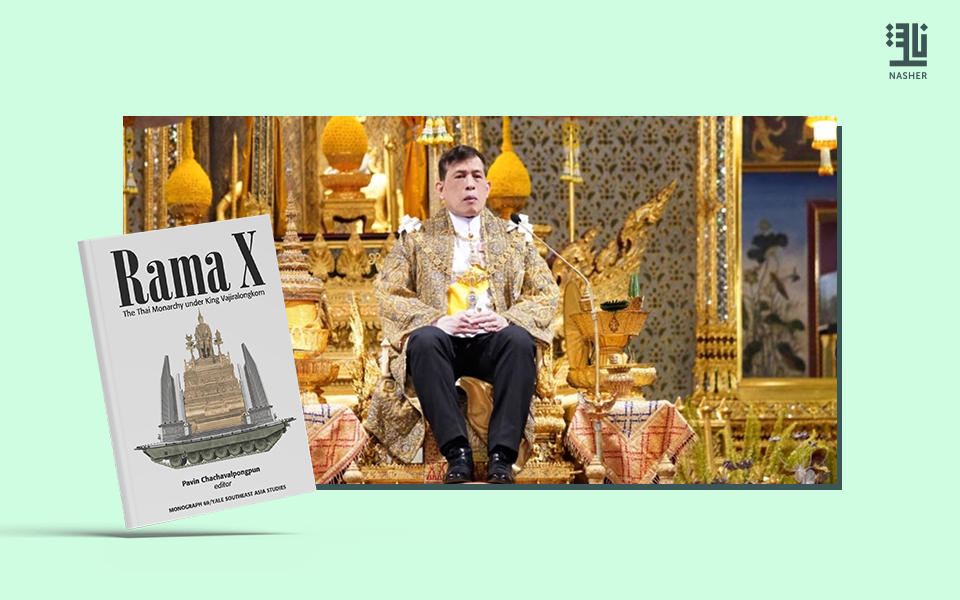Thailand has taken the controversial step of banning an upcoming book centered on King Maha Vajiralongkorn, citing concerns that it ridicules the monarchy – a subject that has become increasingly politically sensitive in a country known for its strict laws against royal defamation.
The book, titled “Rama X: The Thai Monarchy under King Vajiralongkorn,” has faced backlash from rights groups and its exiled Thai editor, a prominent critic of the monarchy and conservative political elite. They argue that the ban infringes upon the country’s purported commitment to protecting freedom of speech and expression.
The government’s decision to prohibit the publication and import of the book was published in the Royal Gazette and authorized by police chief Damrongsak Kittiprapas. The order contends that the book’s content and cover attempt to defame, insult, or pose a threat to the King, the Queen, the Heir to the throne, or the Regent. It also alleges potential risks to national security, social stability, and moral values.
Citing the 2007 Printing Recordation Act, the order imposes severe penalties, including up to three years of imprisonment and a substantial fine of approximately $1,730, for anyone found in violation of the ban. Additionally, any copies of the book that manage to enter the country may be seized and destroyed.
Erik Harms, chair of Yale’s Council on Southeast Asia Studies, has come to the defense of the book’s publisher. He highlights that the book is the result of meticulous scholarly research by renowned experts in Thai studies, subject to rigorous peer review adhering to the highest academic standards. Harms suggests that a more constructive approach to challenge the book’s content would be to encourage other experts to write and publish their counter-views in reputable, peer-reviewed journals.
Harms criticizes the ban, questioning its efficacy in engaging with opposing academic perspectives, and argues that readers should be free to decide for themselves whether the book deserves such censorship or not. The ban has ignited a debate about the limits of freedom of speech in Thailand, raising concerns about academic freedom and the country’s commitment to open discourse.







